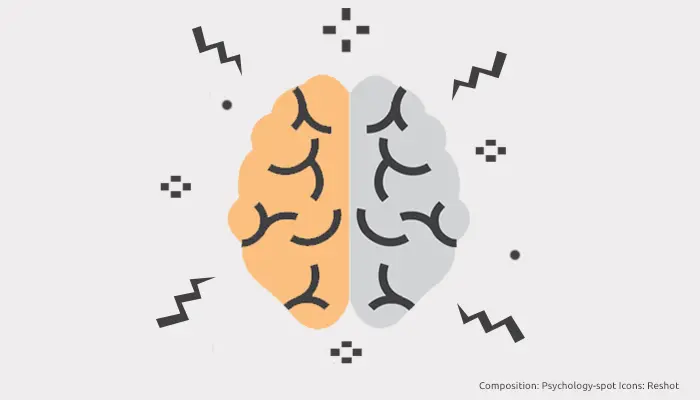
At any time, whether you like it or not, you’re absorbing new information that changes your brain. In particular, some of your neurons connect with greater force, establishing synapses, an electrical signal that is the basis of learning and memory.
Obviously, this process is limited by the fact that it needs energy to maintain such connections. And since we do not have so much energy, we can’t strengthen our synapses indefinitely. And that’s better, because if the synapses continue to strengthen endlessly our neurons would reach a state of hyperactivity that could cause convulsions or epilepsy.
In theory, the system could reach a total saturation point, so that not only we would be unable to learn new things, but we couldn’t even decode the environmental stimuli.
However, our brain has a trump card that allows it to avoid this problem: the neurons are able to reduce their synapses in a massive way, making sure to reduce their strength and that they consume less energy. And takes advantage of the best time to do it, when we are asleep and disconnect from the world.
Synapses are weakened to avoid “overloading” in the neuronal system
Now a new study conducted at the University of Wisconsin indicates that during sleep the connections between the neurons are reduced almost the 20%. While we sleep, synapses rest and prepare to face the new day, when they’ll receive new stimuli that will allow them to consolidate the neural models.
This adjustment is known as “synaptic homeostasis” and serves to neurons to find a balance, especially those networks that may be overloaded, avoiding the “overheating”, something like the overload that can occur in an electrical system.
Sleep is the perfect time for synaptic renormalization, because when we’re awake there are always stimuli that capture our attention and activate different areas of the brain, so that it can’t fully relax.
According to these researchers, sleep is the price we must pay to learn new things. In fact, previous studies discovered that during sleep is produced a complex activity in some areas of the brain that not only consolidates the memory, the events experienced during the day, but also subtract emotional impact from these facts and erases all the details which are less important, making room in the memory.
The brain protects the most important connections
The researchers used a new electron microscope through which they saw the small changes that occur when synapses will expand or contract. So they found that less sleep can cause an 18% reduction of the size of synapses.
But the most interesting detail is that this reduction does not apply in the same way to all the synapses. Only 80% of synaptic connections are weakened during sleep, the remaining 20% corresponds to the strongest connections that the brain leaves intact during this process.
The strongest connections correspond to our most ancient and well-established habits, the most important learning and our most precious memories. So, in some way the brain understands that this information can’t be lost and, therefore, these connections are not exposed to the weakening process.
Sources:
Kuhn, M. et. Al. (2016) Sleep recalibrates homeostatic and associative synaptic plasticity in the human cortex. Nature Communications; 7: 12455.
Cirelli, C. (2013) Sleep and synaptic changes. Curr Opin Neurobiol; 23(5): 841–846.



